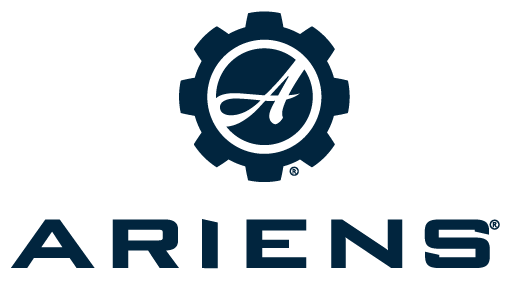SALT LAKE CITY, Utah (December 15, 2015) – Canyon Transportation, a Salt Lake City-based airport shuttle company, has converted four vehicles to propane autogas, offering skiers a more environmentally friendly ride to and from mountain resorts.
The shuttle company offers both private and shared rides from the Salt Lake City airport to the area’s 9 local ski resorts. CEO Melanie Marier says these services are in high demand and play an important role in environmental sustainability in the area.
“We’re the only company in Salt Lake City that provides shared rides to the 4 ski areas within an hour of the airport,” said Marier. “Winter is our busy season and that’s also when we see the worst air quality in the area. Groups like Ski Utah, Protect Our Winters and Mountain Accord are helping steer the clean air conversation in the outdoor recreation industry. Converting our fleet to an alternative fuel is one way we can make a substantial contribution to the larger effort, along with moving more people at once and minimizing unnecessary trips.”
Marier chose propane autogas over other alternative fuels because it’s lightweight, infrastructure is simple to install and there are significant carbon reduction benefits. Canyon Transportation’s fuel provider, Blue Star Gas, estimates the fleet’s conversion will eliminate 20 tons of greenhouse gas emissions annually.
Canyon Transportation operates a 40-vehicle fleet comprised of Ford Econoline and Transit vans, Expedition SUVs, wheel chair accessible vans and Mercedes Sprinters. Marier has converted the first four Econoline and Transit vans and will continue to convert new vehicles as she upgrades the fleet. Marier projects the conversions will pay for themselves through fuel savings.
“The big selling points for us were logistics and range,” said Marier. “We had some natural gas vehicles in the fleet but we’re phasing them out because their range wasn’t working for us. Our propane vehicles will be able to drive an entire shift without refueling, which is a big advantage.”
Blue Star Gas will oversee the vehicle conversion, install a 1,000-gallonon-site fueling system and provide training and support to the Canyon Transportation team. Darren Engle, director of government relations for Blue Star Gas, sees a lot of potential for alternative fuels in Utah.
“Utah has a state government that understands the needs of fleet owners, a population motivated to improve their local air quality, and fleet managers like Melanie who possess the willingness to take action,” said Engle. “These fleet conversions are a win from every angle and we’re very excited to be working with Canyon Transportation and our other Utah fleets.”
The newly converted shuttle vans have been placed in service just in time for peak ski season. Learn more about low-carbon propane autogas at bluestargas.com/green-gas.
###
About Blue Star Gas
Blue Star Gas is a full-service propane distribution company committed to delivering the highest level of customer care across 75,000 square miles and 14 unique markets in Washington, Oregon, California, Utah, and Arizona. With 78 years in the propane industry, Blue Star Gas is a third-generation family-owned company that now brings the advantages of the Alliance AutoGas complete program for fleets to the West Coast. Through developing technologies and improved practices, Blue Star Gas is transforming the industry standard for customer service. Visit bluestargas.com for more information.
About Canyon Transportation
Canyon Transportation is Utah’s largest 4x4 transportation service. The 30-year-old company offers safe and now cleaner private and shared rides from the Salt Lake City airport to the 9 local ski resorts to over 75,000 passengers per year.

















